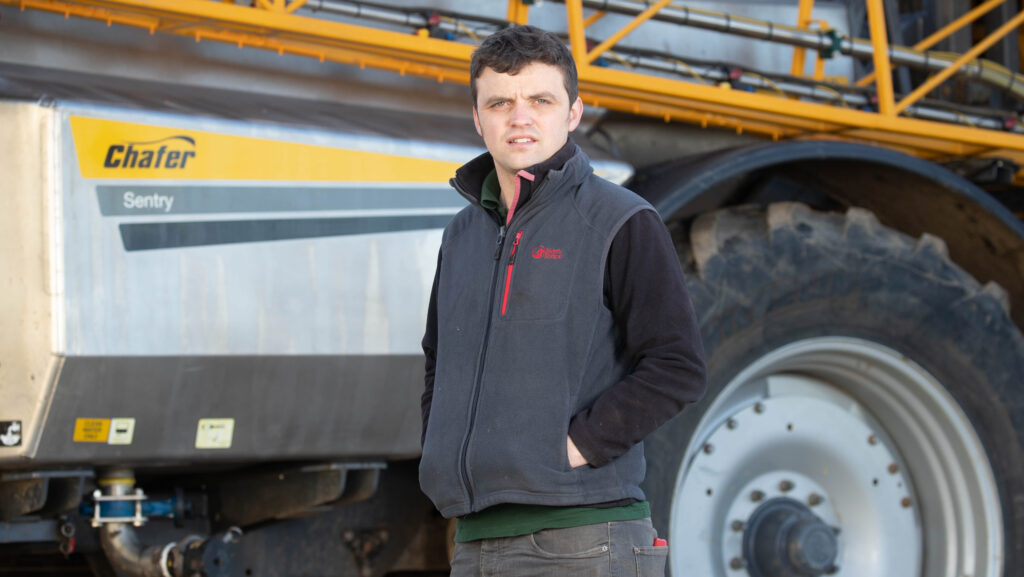Opinion: Labour’s ‘anti-farming’ policies just keep coming
 Mike Neaverson © Tim Scrivener
Mike Neaverson © Tim Scrivener The government’s inheritance tax changes might be getting all the headlines – and certainly all the protests – but I fear that for many the once-a-generation nature of them is going to be small beans compared to the cumulative annual costs of all of Labour’s other anti-farming policies, taxes and ideas that are due to come into effect over the next few years.
At the risk of sounding like a moaning farmer (which, of course, I am), I thought it might be worth illustrating the numbers using some of my own budgets.
Our business is far from exceptional in either scale or structure, employing Dad, me, one full-timer, and several casuals at busy times.
See also: Opinion – holiday highlighted extent of ‘non-food farming’
We grow 250ha of cereals, 20ha of vining peas, 20ha of sugar beet and 75ha of potatoes across a roughly even split of owned land, various tenancies, cropping licences and contract farming agreements.
Let’s get the controversial stuff out the way first.
Love them or loathe them, neonicotinoid seed treatments have enabled remarkably consistent production of sugar beet in this area despite the spectre of virus yellows.
That Labour has chosen not to approve the annual “emergency” application for their use in beet, as the Conservatives had done in the past few years, is not particularly surprising.
At best, the non-approval adds risk. At worst – as it did to our beet in 2020 – it adds total devastation.
And somewhere in the middle is where we will probably end up.
I don’t think it would be out the way to suggest that neonics provide 5t/ha of yield over their foliar-sprayed alternative, giving us a cost to our small beet enterprise of £3,200.
A repeat of 2020’s viral severity would cost us six times that.
Of bigger concern is the new fertiliser tax that I wrote about in my last column, knocking £40/ha of margin off every hectare of cereals.
Realistically, it won’t change our usage of nitrogen in the high-stakes crops of spuds and beet, so we can add the tax straight into the variable cost column. Cost to our business: £14,000/year.
Next, the Basic Payment Scheme (BPS) and delinked payments.
In the autumn, Labour announced that the payments would be phased out quicker than many were expecting.
There are a few Sustainable Farming Incentive (SFI) options that we can do that don’t particularly cut production, but for us the difference between the old BPS and new SFI is somewhere in the region of £35,000/year for our business.
I hope in time to be able to negotiate some of that difference away at rent reviews, but I remain of the view – perhaps now vindicated – that I trust our grain merchant as a debtor for our grain far more than I do the Rural Payments Agency for income foregone.
There’s national insurance, too. We shall just about skate under the new higher employers’ allowance, but taking on anyone else would cost us £6,000/year.
World-beating growth incentive.
And we haven’t even opened the energy can of worms yet; my new potato stores sup power at alarming rates.
We may already have some of the highest electricity prices in the world, but Miliband’s mad net-zero assault is going to make us even more uncompetitive. £5,000 here, too?
I think we can conclude that whatever the rhetoric, this Labour government really couldn’t give two hoots about farmers or the success of domestic food production.

